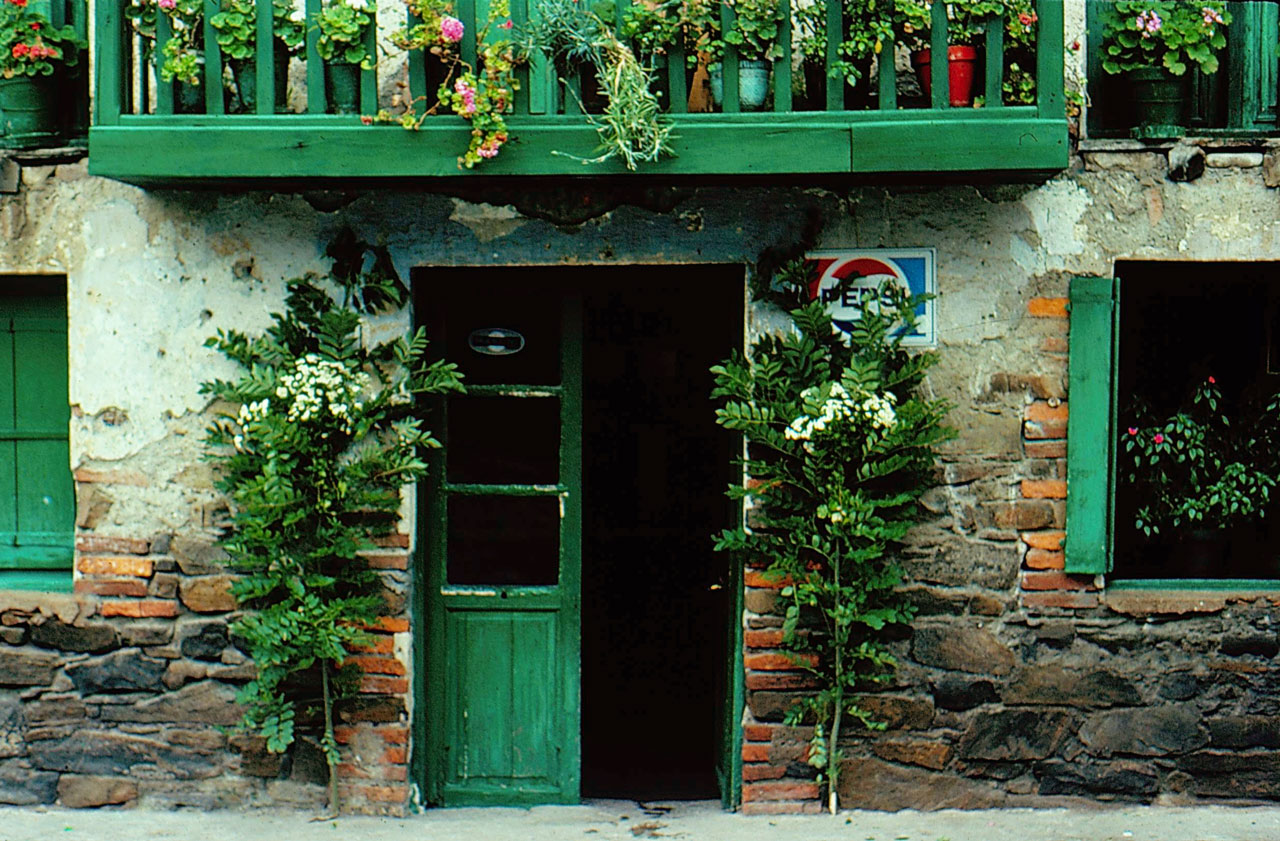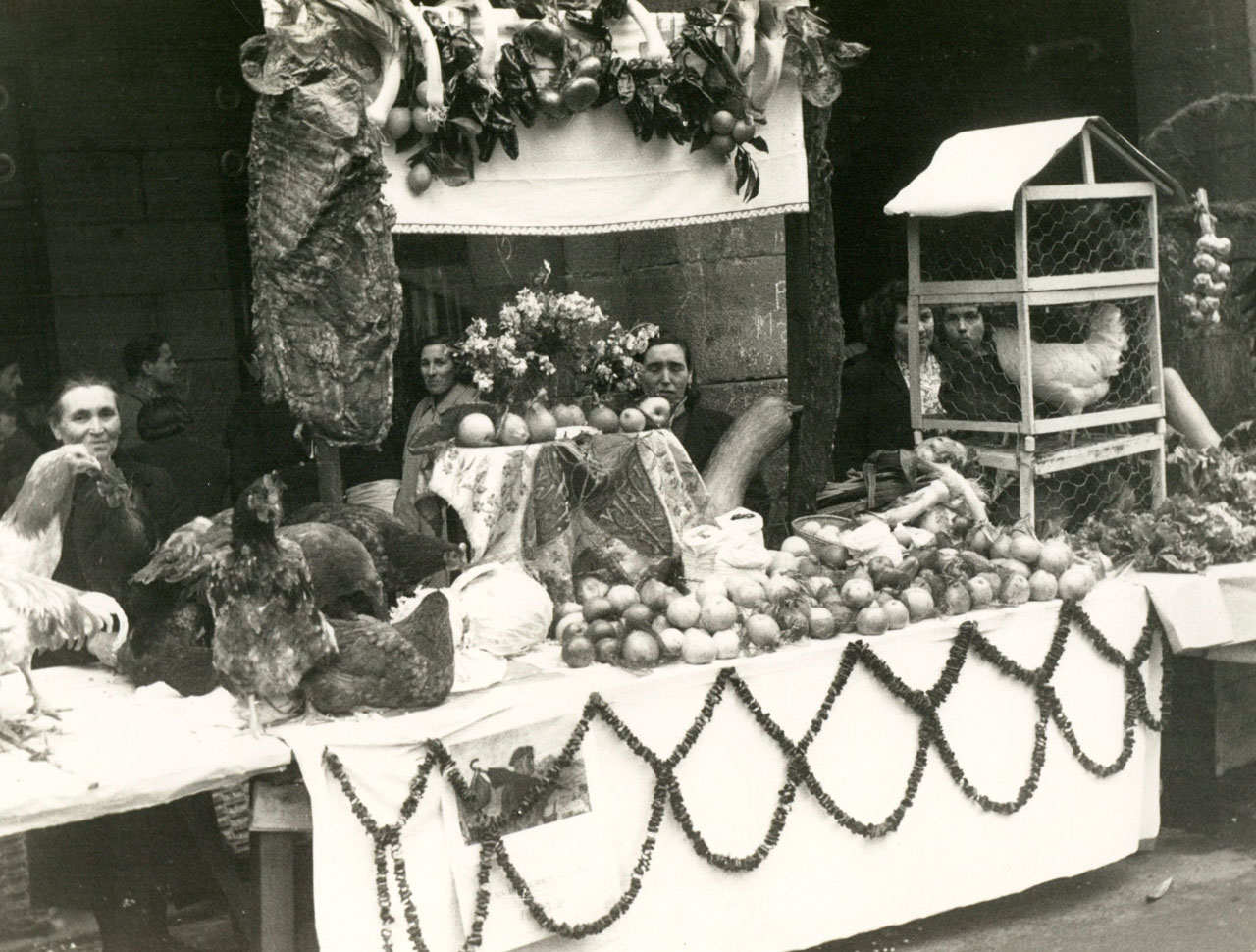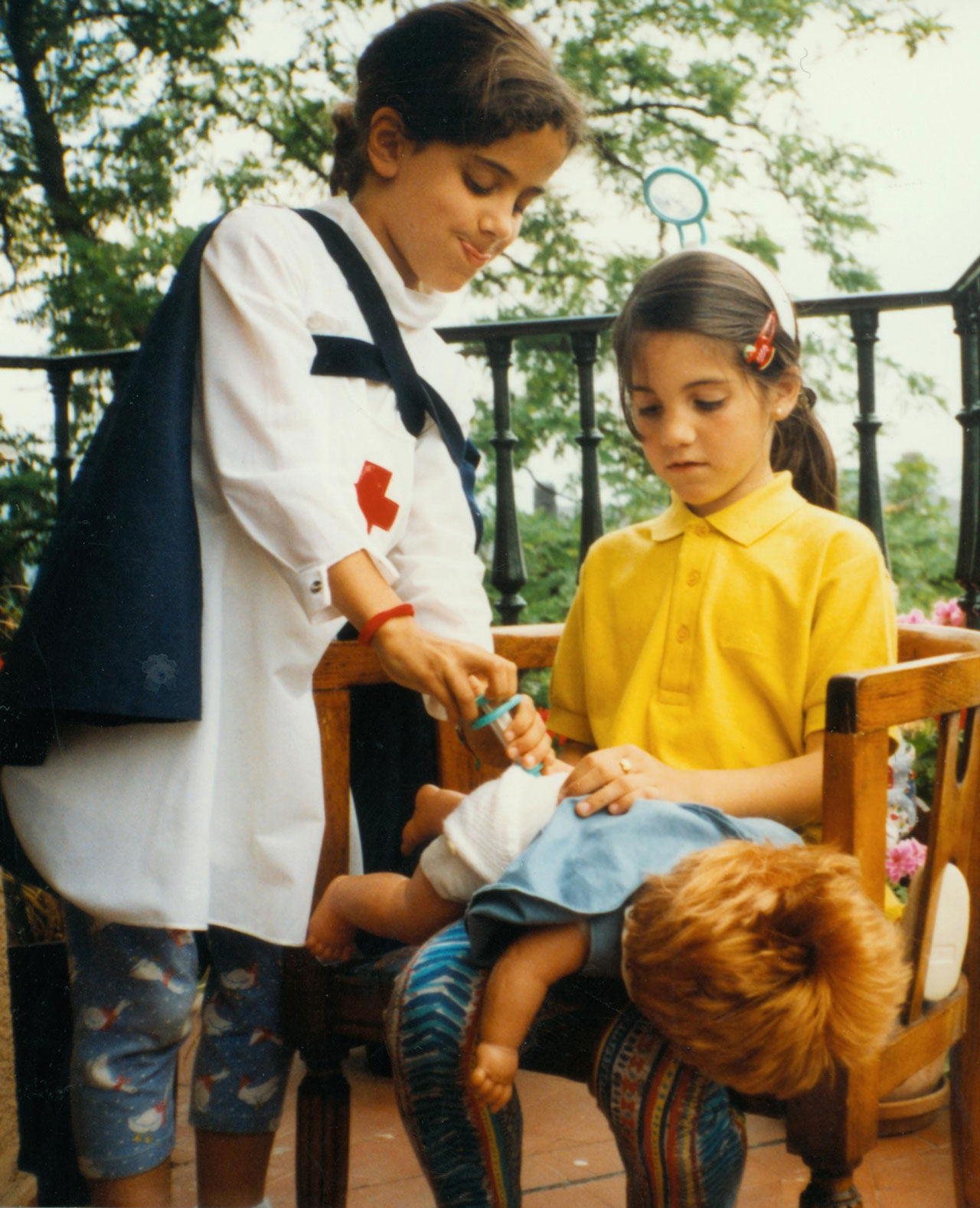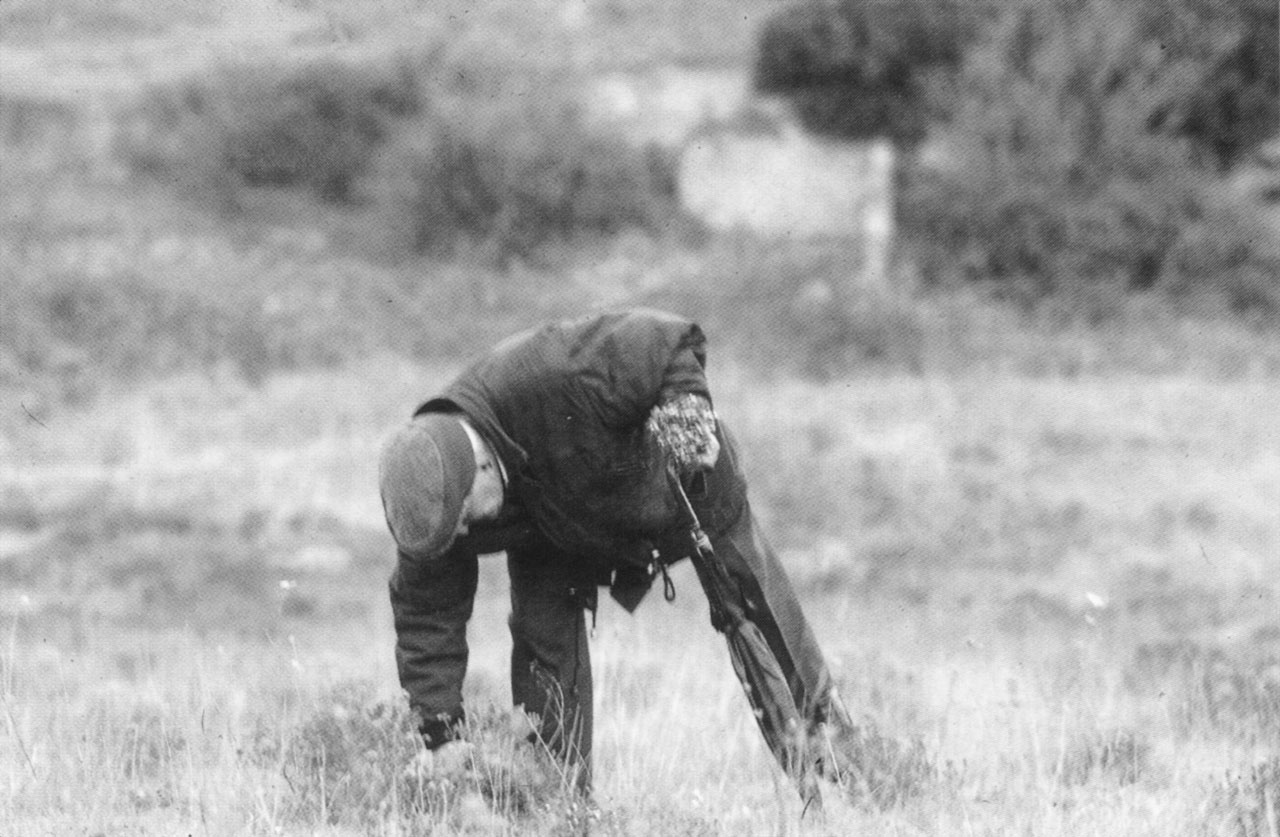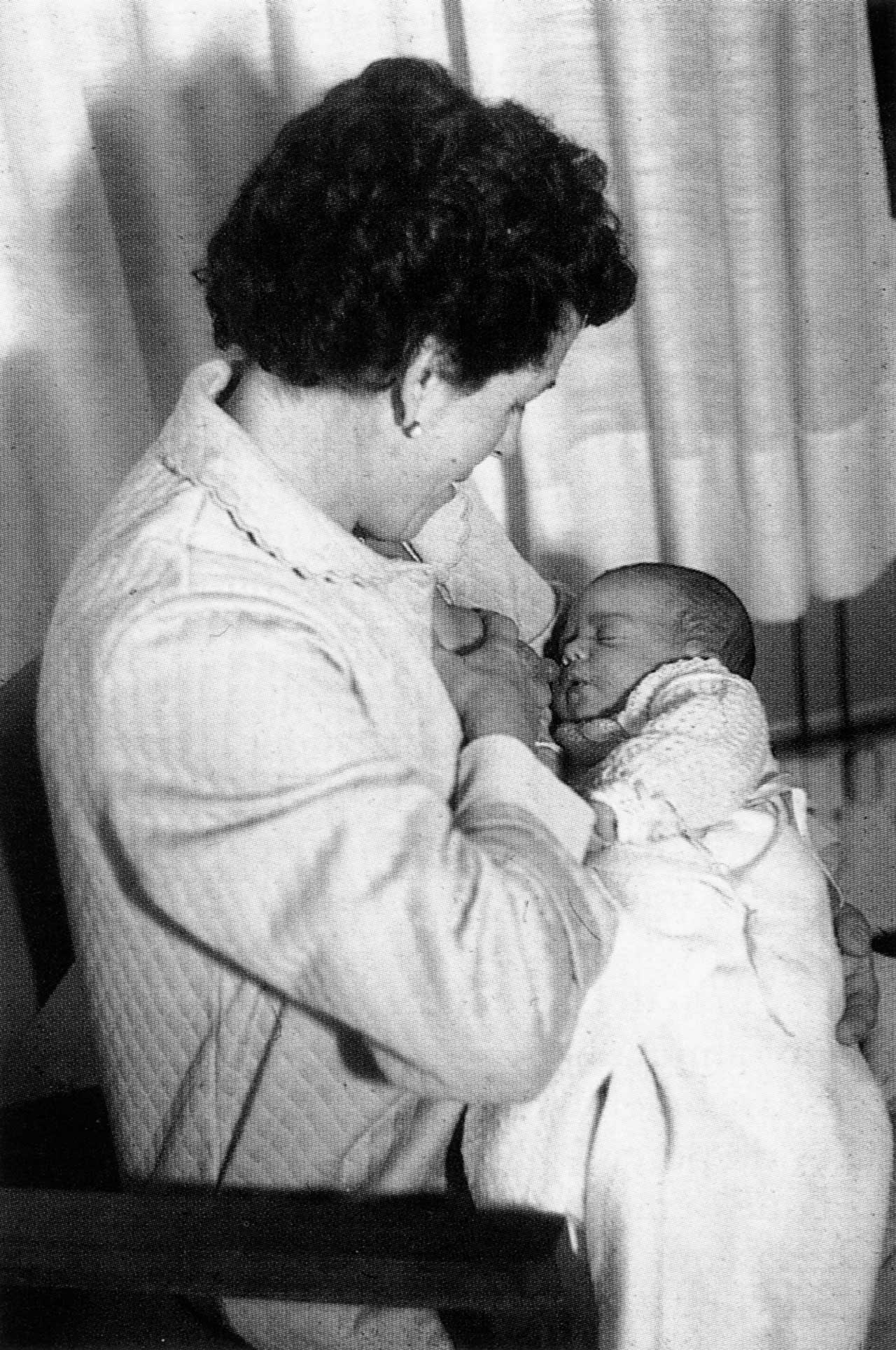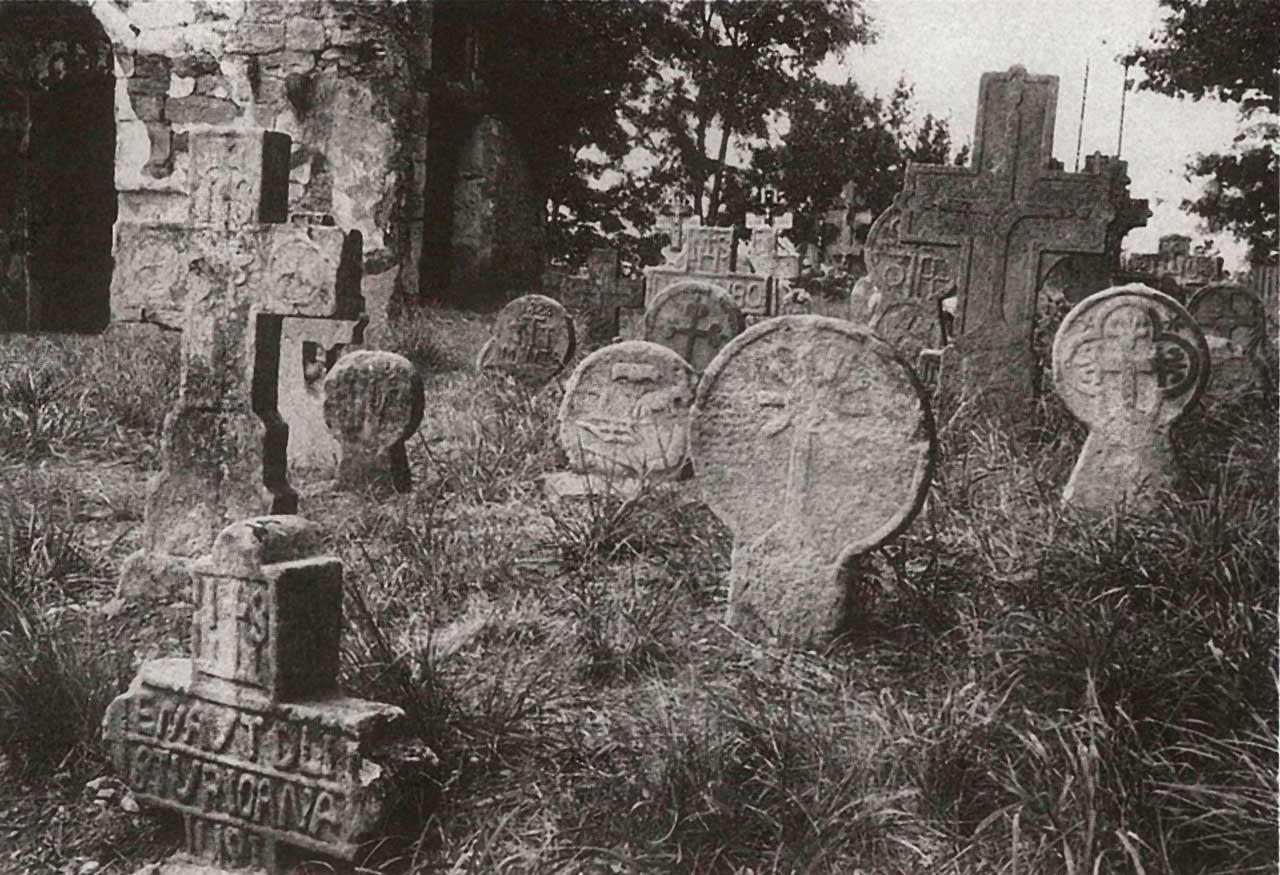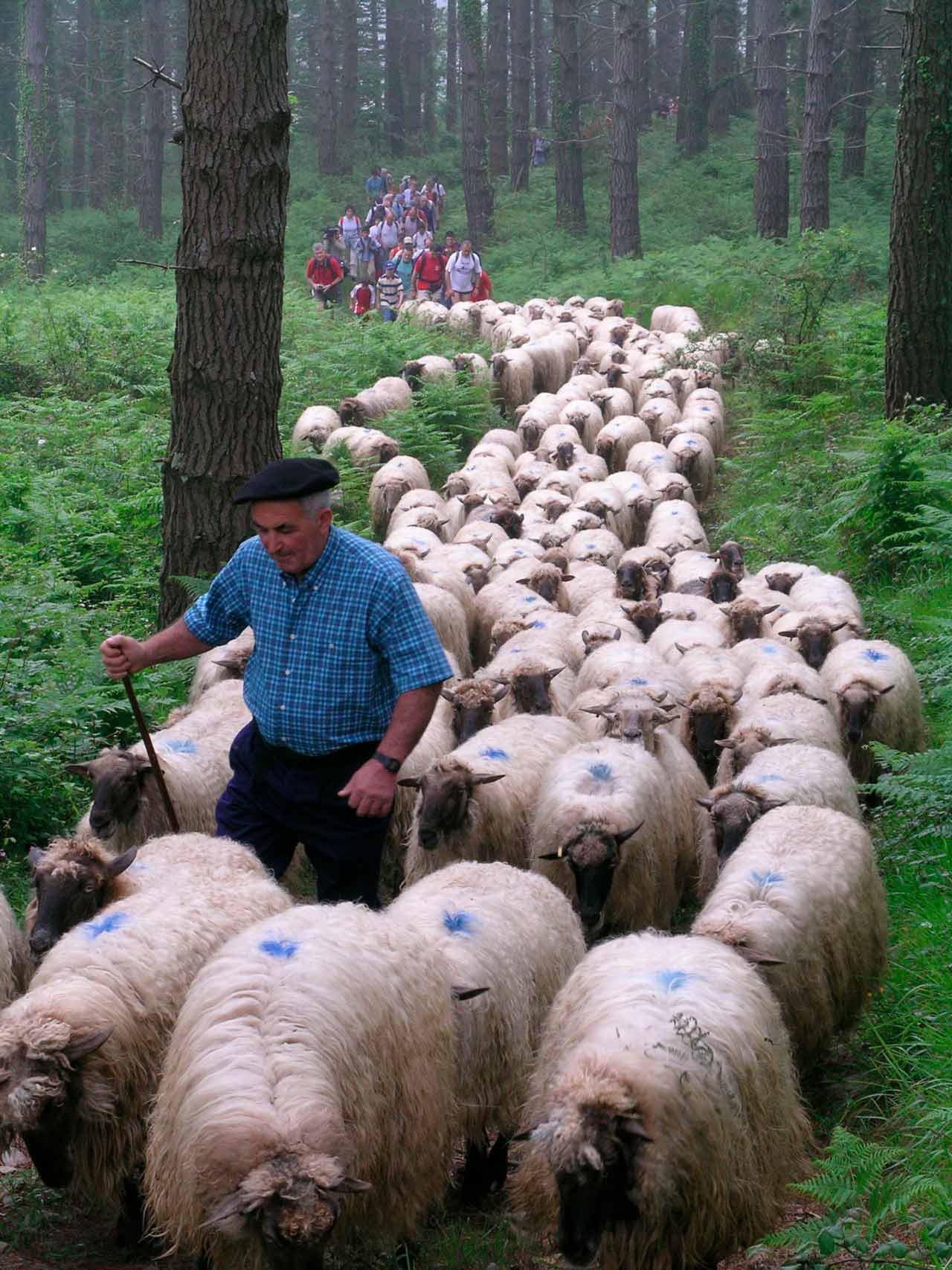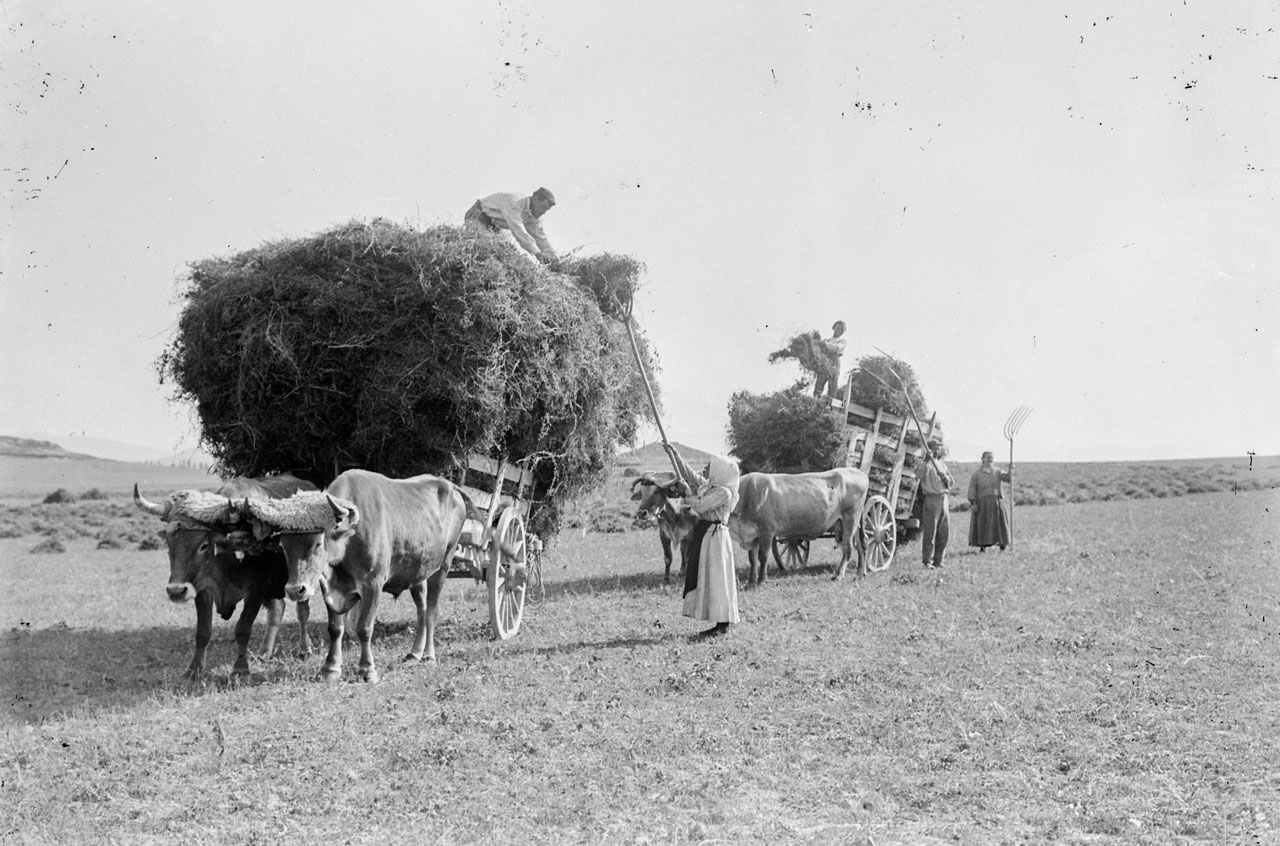Diferencia entre revisiones de «Main Page/en»
De Atlas Etnográfico de Vasconia
| Línea 13: | Línea 13: | ||
==[nav]== | ==[nav]== | ||
===[casa|House and Family|/atlas/casa.png]=== | ===[casa|House and Family|/atlas/casa.png]=== | ||
| + | ====[Casa_y_familia_en_vasconia/en]==== | ||
===[alimentacion|Diet|/atlas/alimentacion.png]=== | ===[alimentacion|Diet|/atlas/alimentacion.png]=== | ||
| + | ====[Alimentacion_domestica_en_vasconia/en]==== | ||
===[juegos|Children’s Games|/atlas/juegos.png]=== | ===[juegos|Children’s Games|/atlas/juegos.png]=== | ||
| + | ====[Juegos_infantiles_en_vasconia/en]==== | ||
===[medicina|Medicine|/atlas/medicina.png]=== | ===[medicina|Medicine|/atlas/medicina.png]=== | ||
| + | ====[Medicina_popular_en_vasconia/en]==== | ||
===[nacimiento|Birth|/atlas/nacimiento.png]=== | ===[nacimiento|Birth|/atlas/nacimiento.png]=== | ||
| + | ====[Ritos_del_nacimiento_al_matrimonio_en_vasconia/en]==== | ||
===[ritos|Funeral Rites|/atlas/ritos.png]=== | ===[ritos|Funeral Rites|/atlas/ritos.png]=== | ||
| + | ====[Ritos_funerarios_en_vasconia/en]==== | ||
===[ganaderia|Livestock Farming|/atlas/ganaderia.png]=== | ===[ganaderia|Livestock Farming|/atlas/ganaderia.png]=== | ||
| + | ====[Ganaderia_y_pastoreo_en_vasconia/en]==== | ||
===[agricultura|Agriculture|/atlas/agricultura.png]=== | ===[agricultura|Agriculture|/atlas/agricultura.png]=== | ||
| + | ====[Agricultura_en_vasconia/en]==== | ||
==[libros]== | ==[libros]== | ||
Revisión del 12:31 11 feb 2020
St John’s bunches of branches and flowers. Zeanuri (B), 1980. Source: Ander Manterola, Etniker Euskalerria Groups.
House and Family in the Basque Country


House and Family in the Basque Country
Different types of rites, such as attaching the St. John’s branch, San Juan haretxa, to the doorposts, were performed around the St. John’s Day festivities.
Family Diet in the Basque Country


Family Diet in the Basque Country
Gabon, bon-bon; Natibitate, ase eta bete; San Estebantxe, lehen letxe. Eat heartily on Christmas Eve; until you feel full at Christmas; and back to normal on St Stephen’s Day.
Children’s Games in the Basque Country


Children’s Games in the Basque Country
Txikia banintzen, handia banintzen, maiatzerako burutu nintzen. Riddle
Traditional Medicine in the Basque Country


Traditional Medicine in the Basque Country
There is a hidden wisdom behind popular medicine that goes far beyond the remedy itself. This collection of data helps us catch a glimpse of a way to understand health and disease —and ultimately the human body— that differs from the prevailing view.
Rites from Birth to Marriage in the Basque Country


Rites from Birth to Marriage in the Basque Country
Haurrak negarrik ez, titirik ez. A baby who does not cry, does not suckle.
Funeral Rites in the Basque Country


Funeral Rites in the Basque Country
Oilarrak gauez kukurruku jotzen badu, laster izango da gorpuren bat etxe hartan. A cockerel crowing at sunset, death is looming.
On the move to the summer pastures in Gorbeia, 2006. Source: Antxon Aguirre, Etniker Euskalerria Groups.
Livestock Farming and Shepherding in the Basque Country


Livestock Farming and Shepherding in the Basque Country
Traditional shepherding and free-range livestock husbandry have prevailed on regions where these three requisites are satisfied: communal land, open-access rights, and free movibility for herds.
Agriculture in the Basque Country


Agriculture in the Basque Country
Both animal and human power had a decisive impact on the way of working and on the crops until the introduction of modern machinery.
